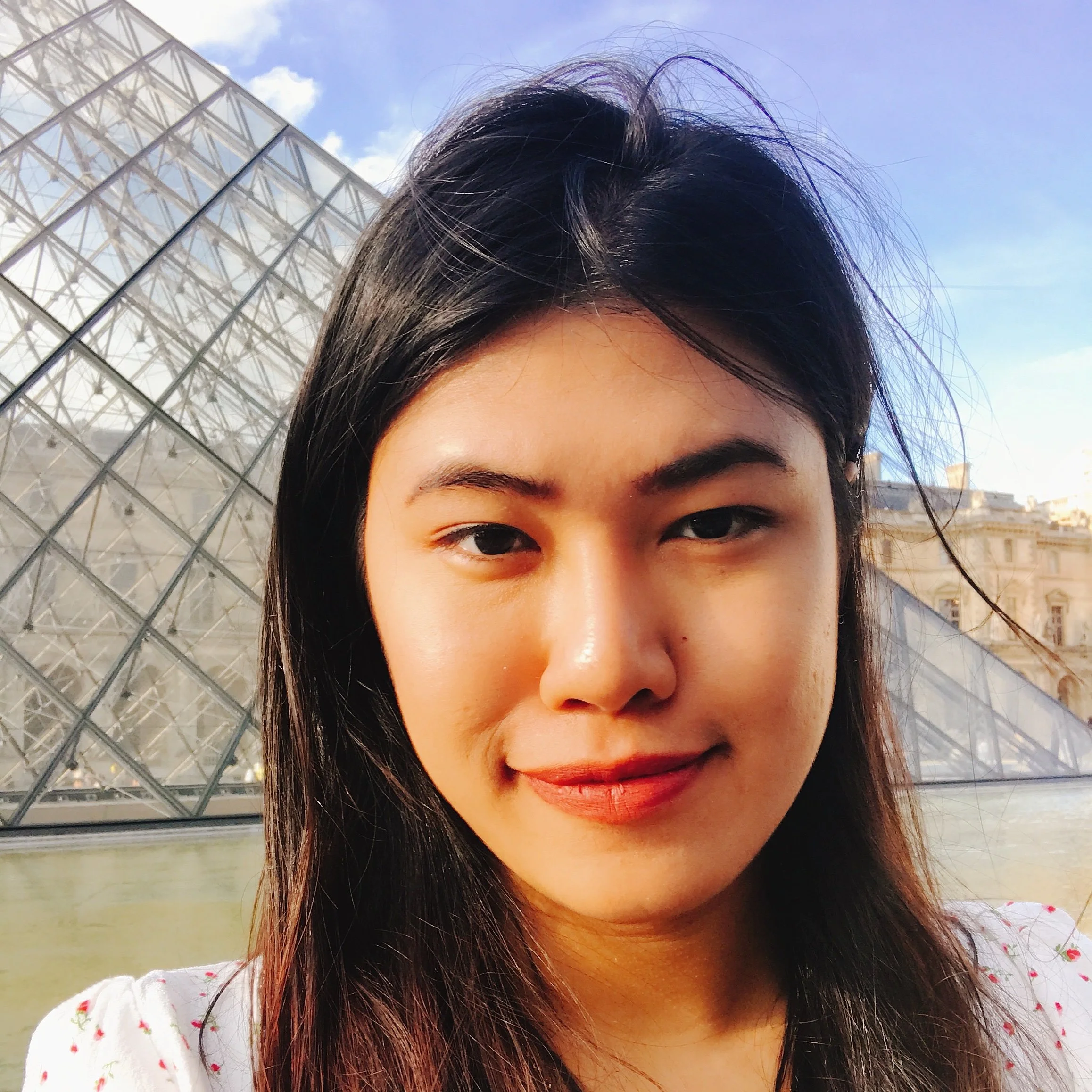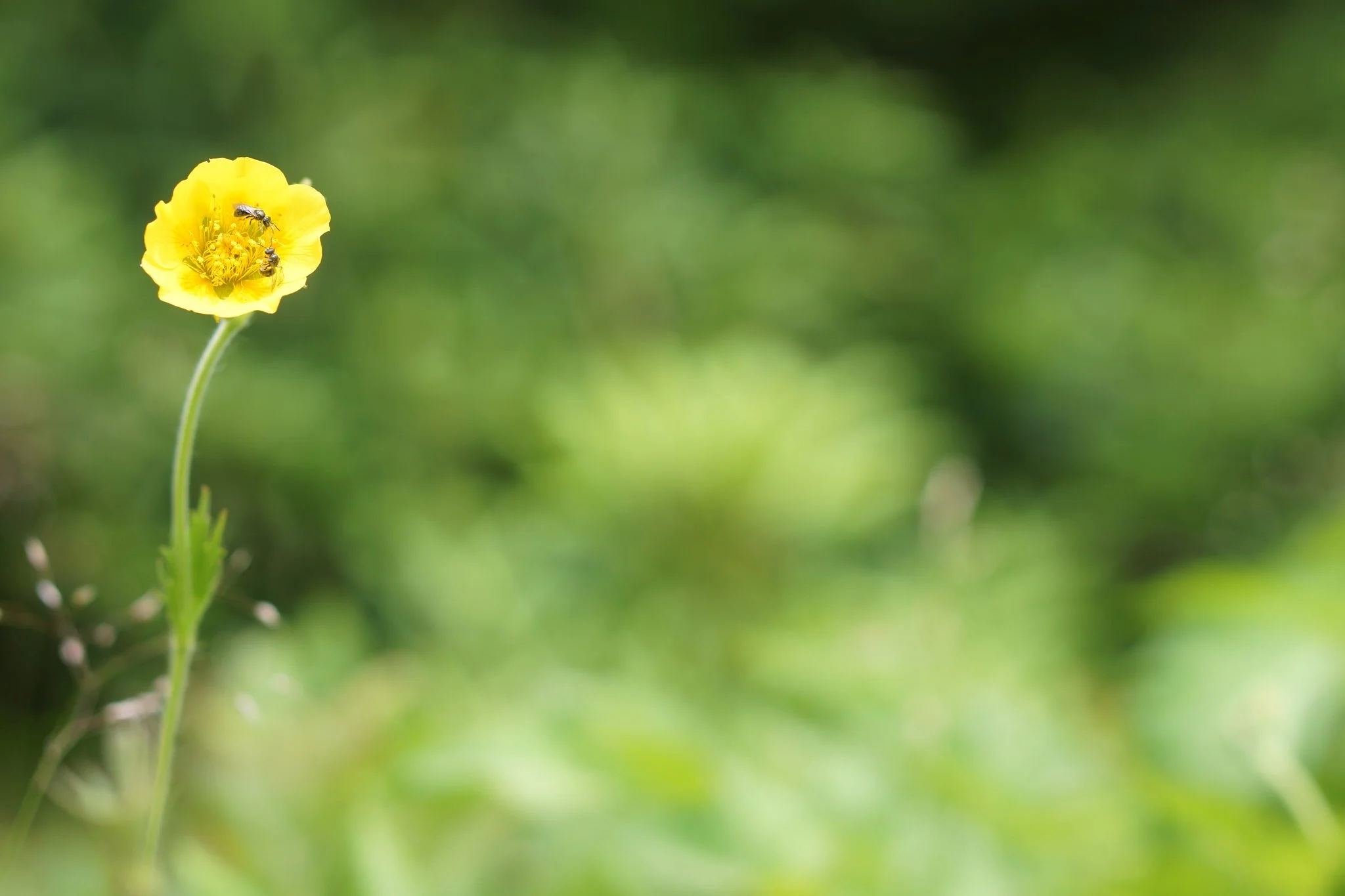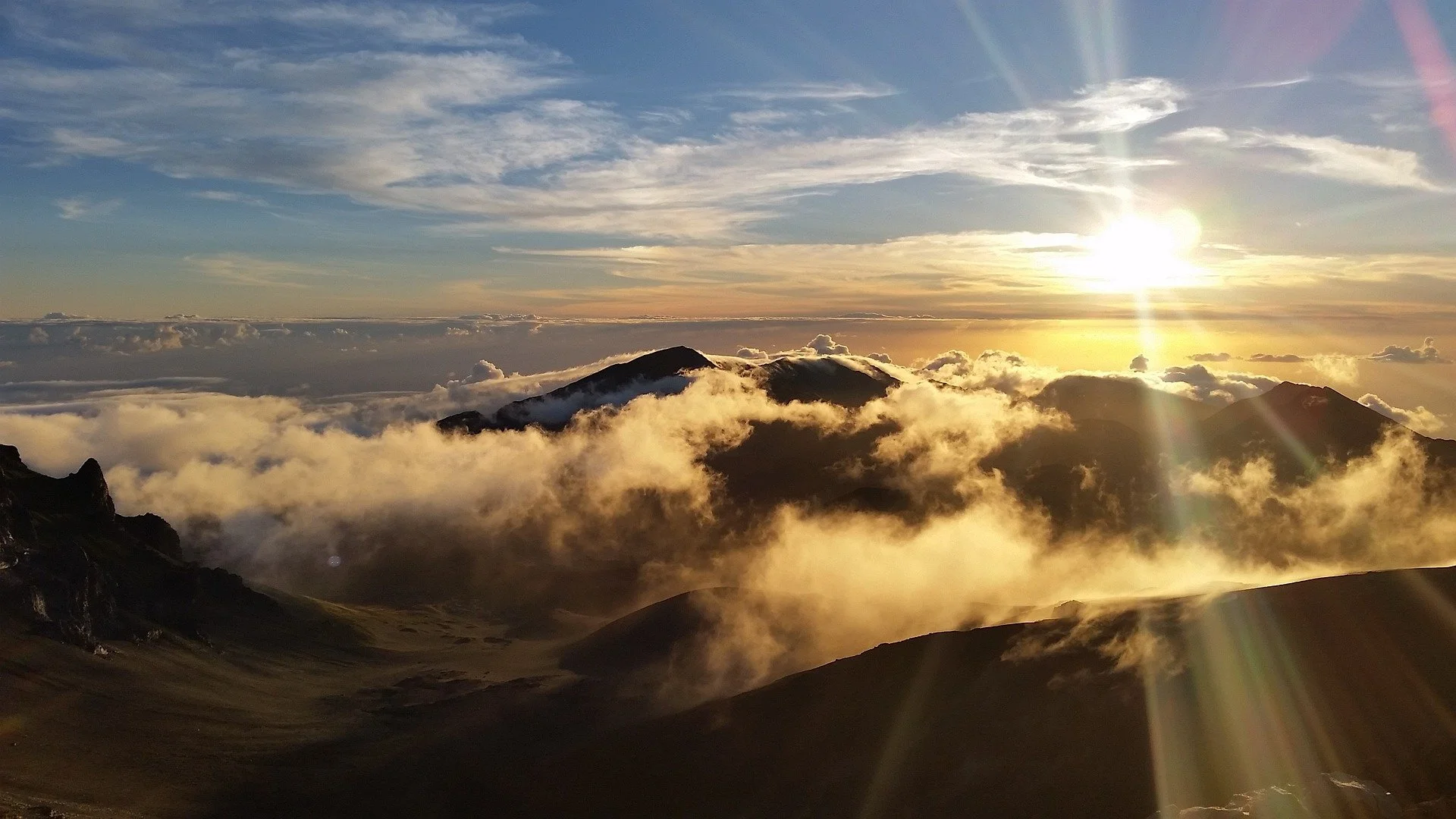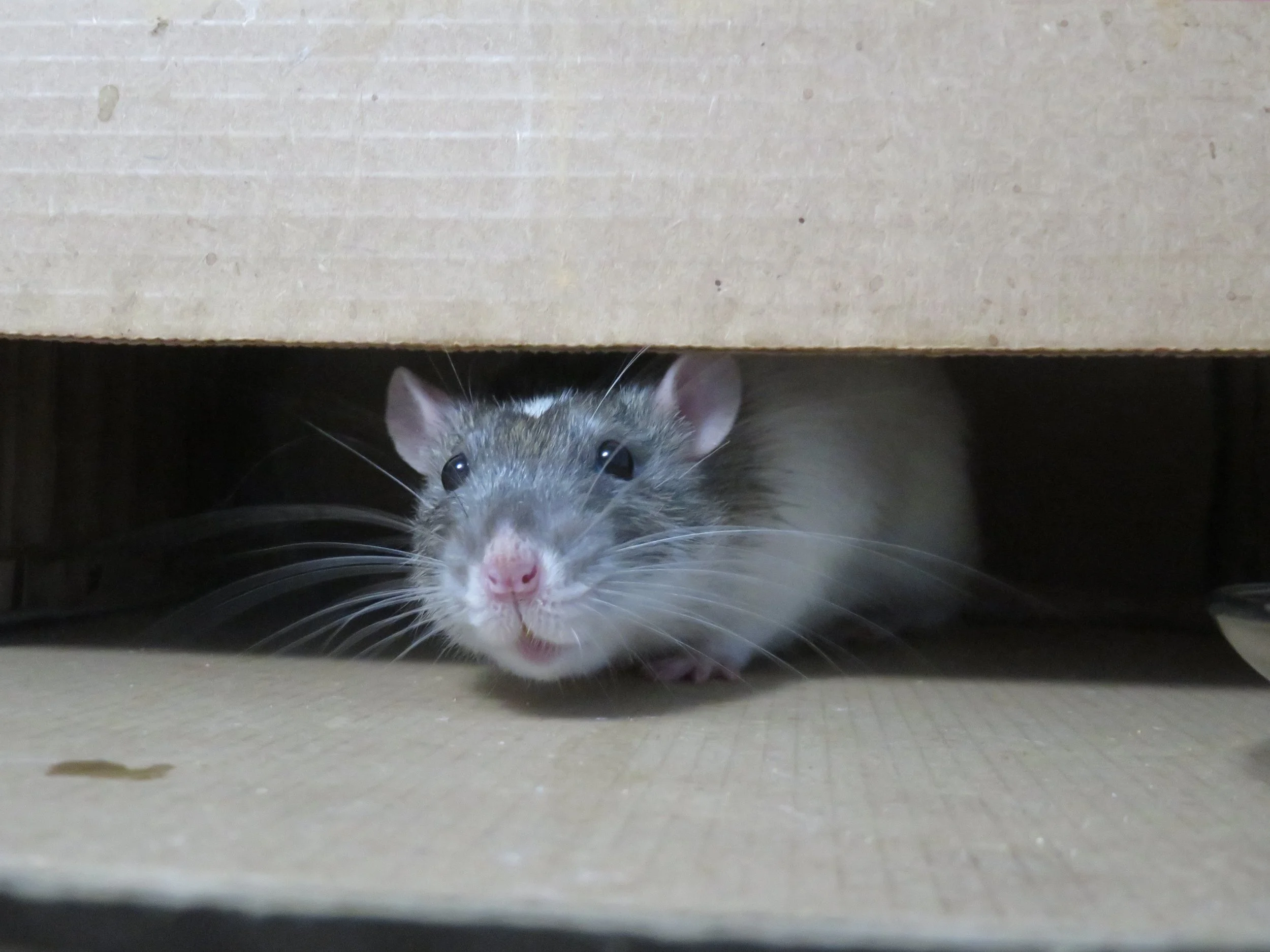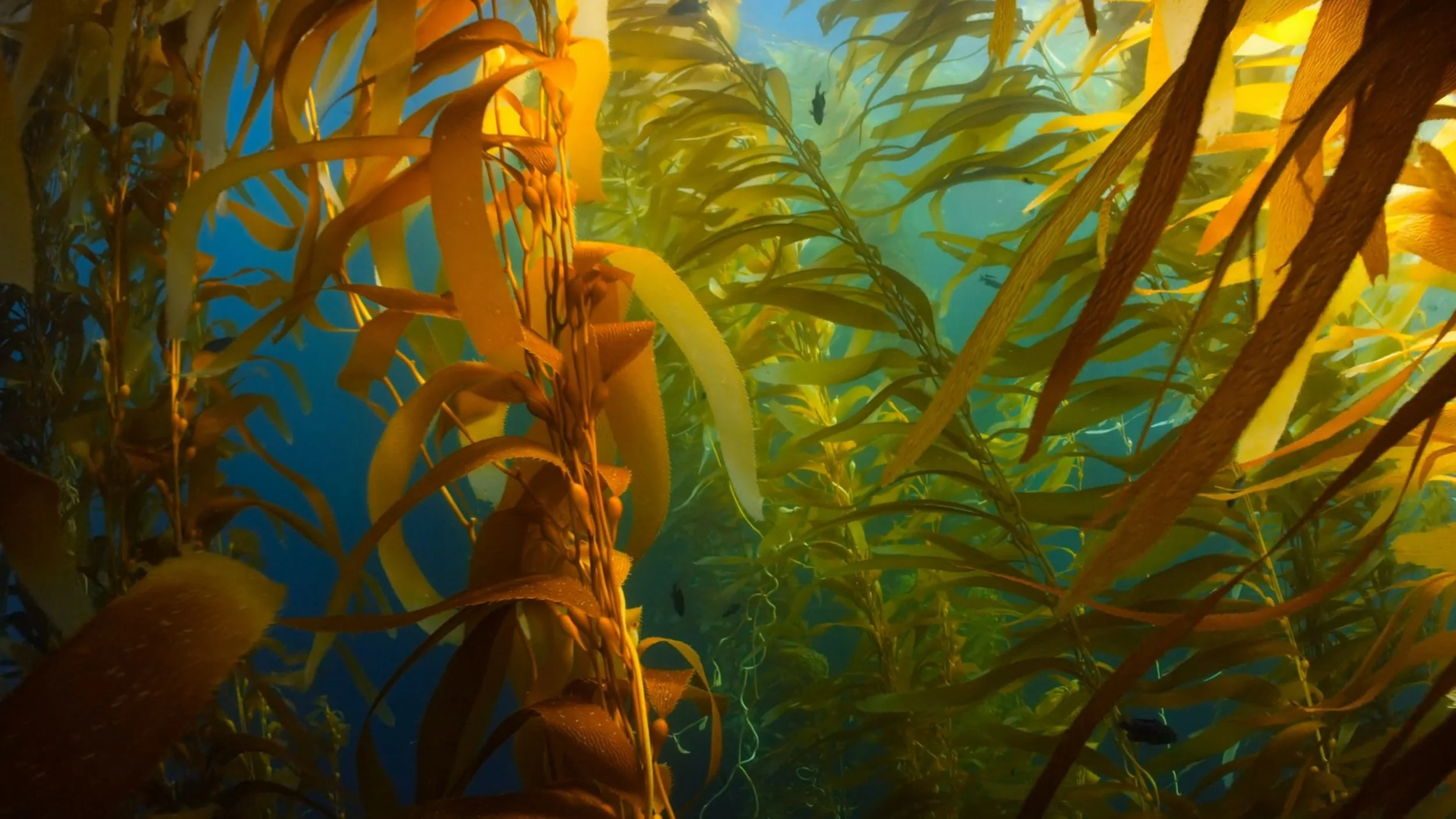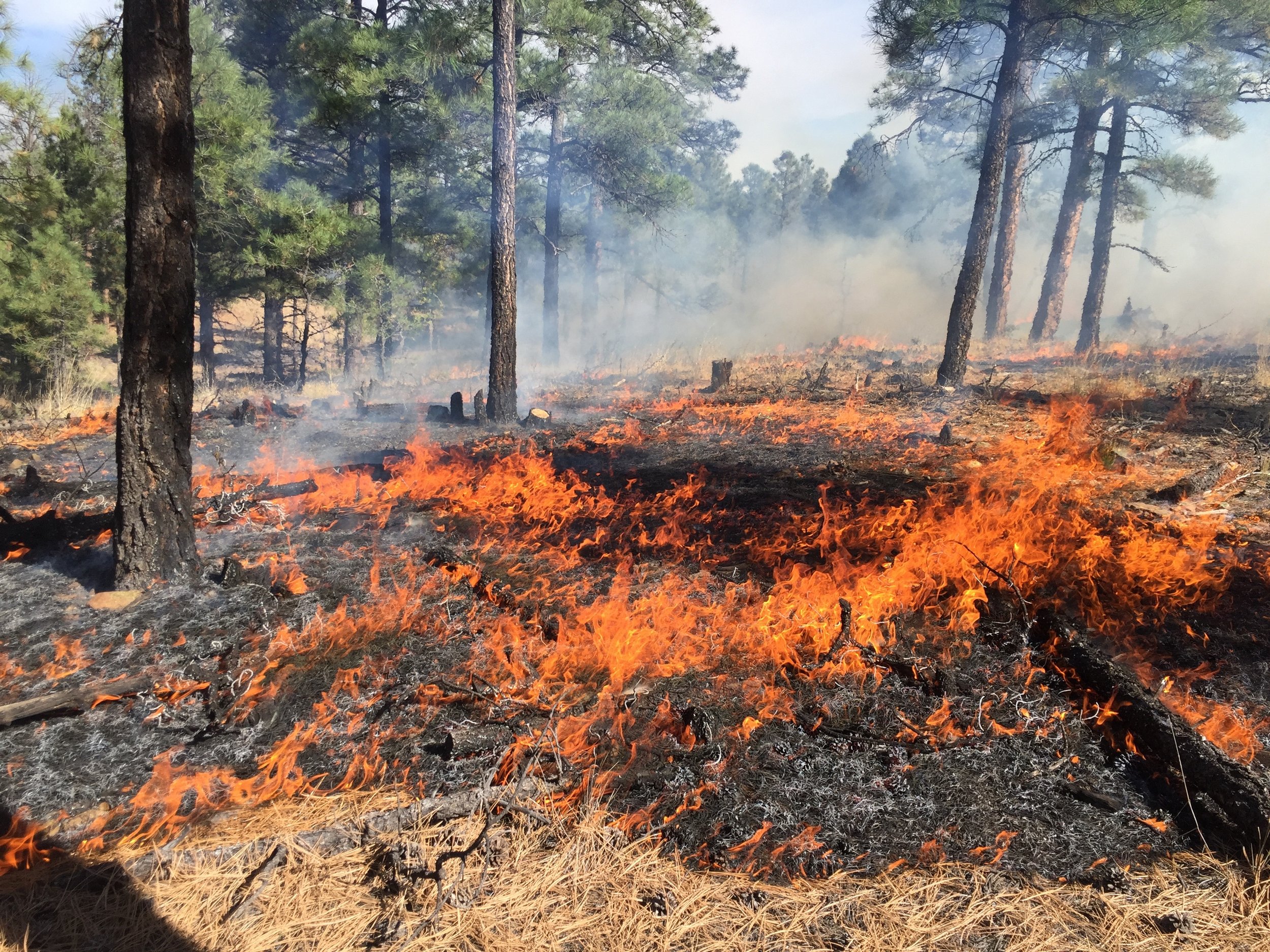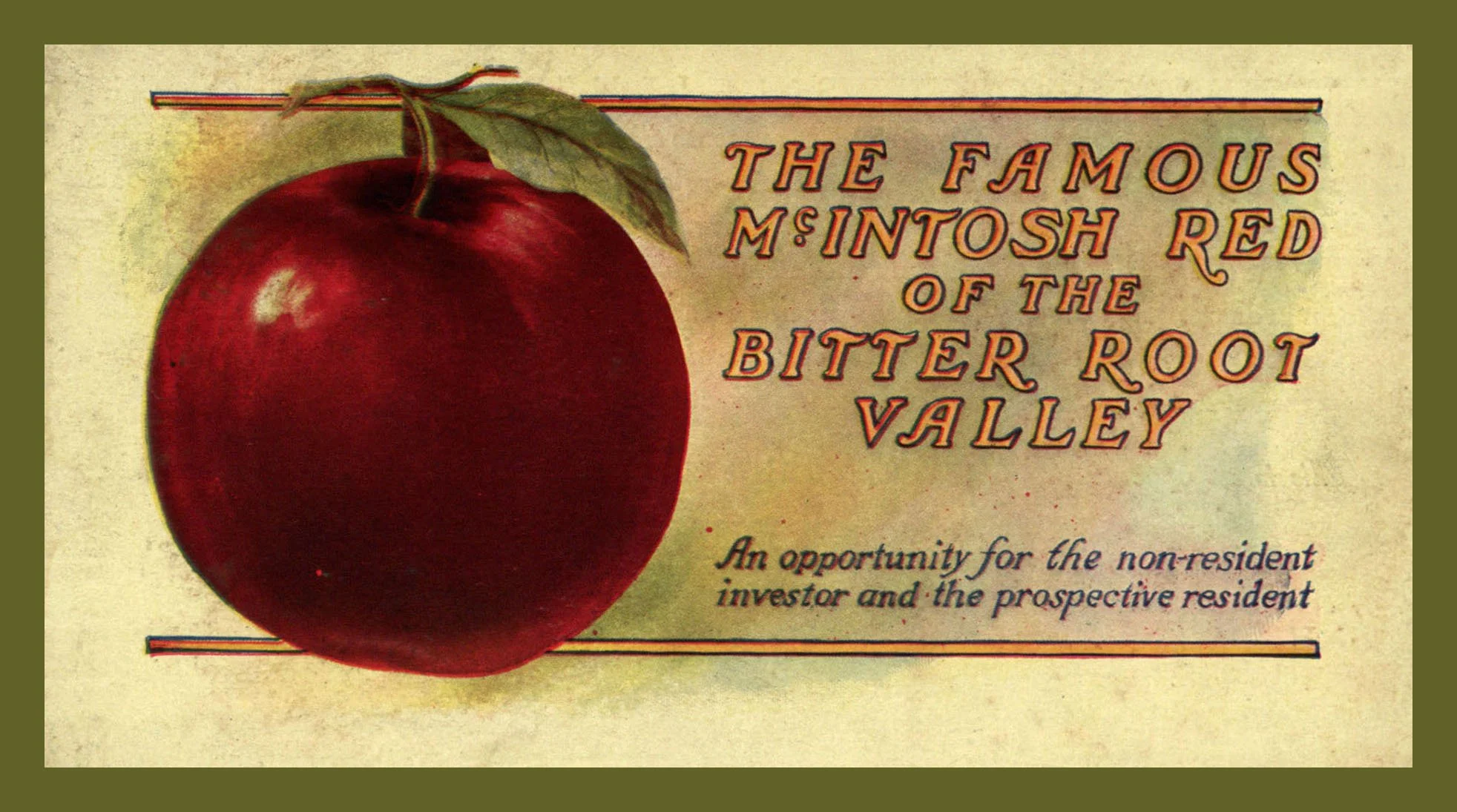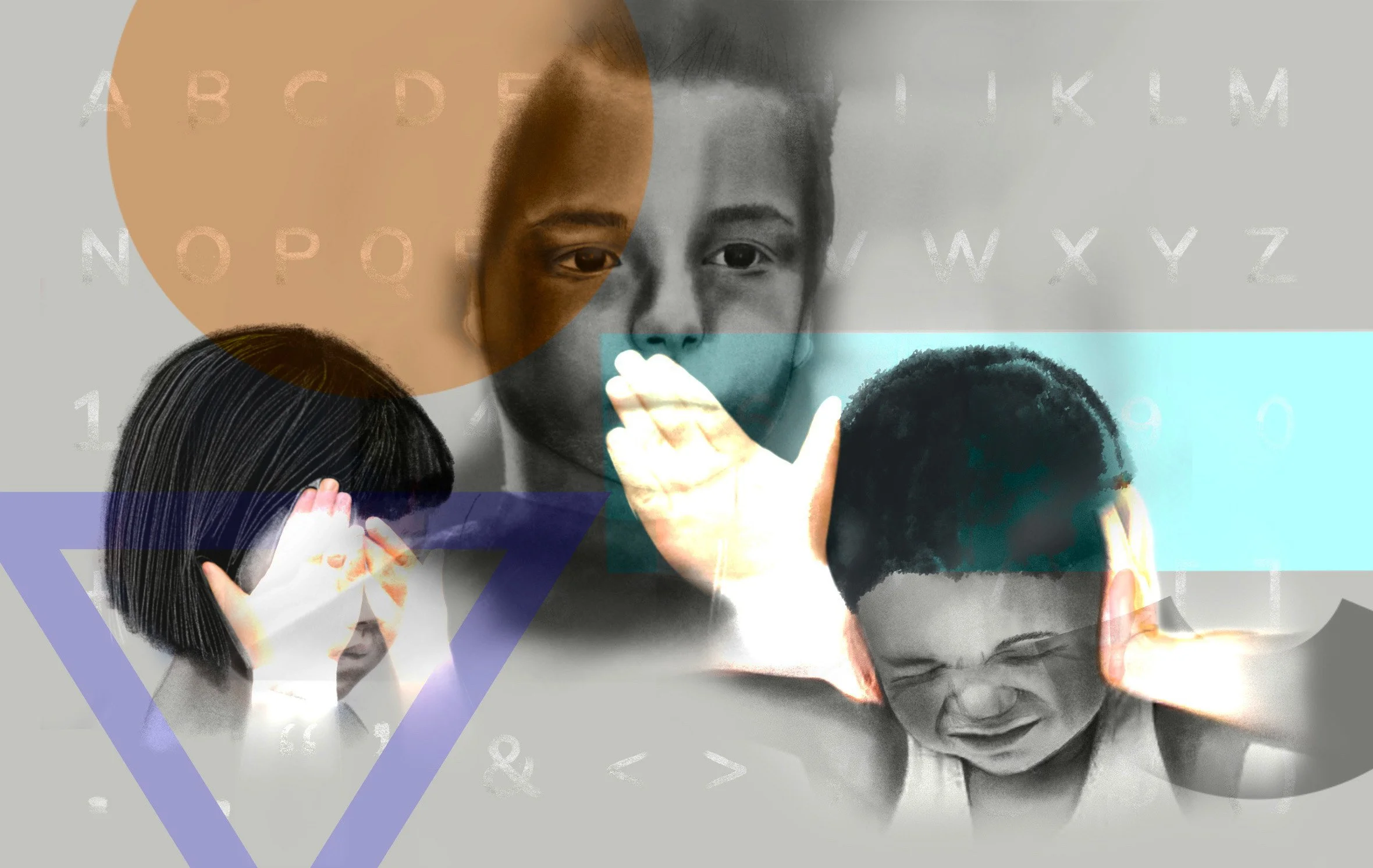America The Beautiful
Scars and stripes in the land of the free
Image Credit: Tara Holley
By Myo Oo
December 6, 2022
The rhythmic crashing of the waves dwarfed my thoughts as I stood barefoot on the warm rocks of Schoodic Point. The rocks, rugged and ribbed, felt at least a million years old. They seemed weathered only by the chemistry of the incessant waves and a punishing Atlantic sun as they perched off the coast of the Schoodic Peninsula, nestled at the tip of Acadia National Park, facing the Gulf of Maine. The backdrop of the blue Acadian mountains at a distant horizon and the smell of the salty summer air saturated my senses as I drank in the American beauty.
As a researcher from Singapore on a work visa, I had wanted to visit Acadia since my arrival in the country back in 2018. I’ve Googled it many times, salivated at the sight of the luscious evergreens, imagined myself being swallowed by the entirety of its nature, wanted to feel small in the vastness of the American wilderness. I know my time here in this country could be short-lived, and so dreams of bathing in the Acadian charm became a travel priority.
As I stood at the tip of Acadia in the summer of 2022, I wondered how the Acadia of my time had changed with changing hands over the centuries — from the Native Americans, to the Italian explorers, to the French colonists. I wondered if it was still truly unspoiled or truly peaceful. The very word “Acadia” derives from Arcadia, a region in Greece long known for its soft allure.
And in many ways, Acadia is pure and harmonious thanks to rigorous conservation and reconciliation efforts. But with any beauty is an inevitable juxtaposition with fragility and impermanence and, at times, an undertone of violence. As the sun beat down, I scurried to gather my thoughts, only to be drawn once again to the sight and sound of the waves violently crashing against the rocks. Encouraged by the Atlantic wind, they crashed over and over again as though trying to make a point about their unresolved anger. Yet the rocks remained unmoved and stood hard as iron, defiant despite the onslaught, silent with resilience. A closer look, however, revealed cuts and striations within the rocks, some deeper than others. Some of these scarring tissues still seemed fresh. The whole scene moved me, and I felt a slight chill in the summer heat.
***
It was mid-March 2020. I had run out of food and was pressed to make a trip to the ShopRite grocery store. Walking there in the sweet New Jersey spring air was a colorful affair that put me in a happy-go-lucky mood despite the escalating global health crisis. Lined by cherry blossom trees in full bloom, my entire route was caked and carpeted with white and pink blossom petals. Gliding on the velvety petals, I breathed in the aroma, appreciating the American beauty, touching the blooms, and stopping now and then for a selfie, since cherry blossoms weren’t a thing in Singapore. As I arrived at the store, however, reality beckoned. A long queue of masked strangers awaited. Some gave the eye, checked me up and down, and distanced themselves from me. I paid no mind, thinking this was a necessary act of social distancing.
“A staggering 4,632 hate incidents in America were reported in 2020.”
“Go back to China,” bellowed an unmasked, clean-shaven gentleman in his Sunday best — khaki slacks paired with a leather jacket. He approached unceremoniously, pressing up against my chest, inches away from my face, before taking the liberty to spit on the ground to further cement his distaste for me, for my presence in his country. Only now, his pale skin had turned red with spiteful ire. Some of his raging spit landed on my ballet flats. Many onlookers pulled further away from me.
For a fleeting moment, I felt like I was the plague. Unknowingly, I was thrust into an epidemic within the pandemic: A staggering 4,632 hate incidents in America were reported in 2020 to the nonprofit organization Stop APPI Hate. And unwillingly, I had become an unreported number at the wrong end of the statistical pool.
***
It was the summer of 2021. My skin was now sun kissed and lightly toasted. I took off my flats to feel the cool grass between my toes on the lawn of Bryant Park, flipping to a previously dog-eared page in Chinua Achebe’s Things Fall Apart. I had hoped to reconnect with the author’s words in the novel. Just like the theme of Achebe’s book, I felt like I was living in a culture on the verge of change, for better or for worse.
An easy summer breeze brushed past my face as I milked every moment of this stolen solitude in the chaos of New York City. Through my Ray Bans, I saw Achebe’s words, and, in my periphery, I saw a gentleman walking up to me.
I immediately felt the heaviness of his presence. He searched for my eyes and found them. His gaze was fiercely strong and every bit unkind. In situations like these, I rarely shied away from confrontation, even though I am only 5-foot-3, tiny by American standards.
“You got lotta nerve. You got lotta nerve being here,” he scoffed and taunted. Our eyes locked, and with every word, his fist tightened. Still, I held his gaze, and still, he tightened his fist. In our moment of sullen, silent engagement, I felt his repressed, brewing anger, as I was sure he felt mine. But with each passing moment, my defiance grew as I refused to lower my eyes and continued to match his gaze. And then something seemed to have whispered to my potential aggressor. He heaved a sigh, relaxed his fist, and simply walked away. My heart unclenched, and my tears were hot and wild. I shook with belated fear and closed my book, enduring a paper cut in the heat of the moment.
“Oh beautiful for heroes proved
In liberating strife
Who more than self, their country loved
And mercy more than life”
Clearly, I had been at the wrong place at the wrong time, but a part of me understood his anger — the source of it, the interconnected nature of it. After four years in the land of the free, I recognized that parts of the American psyche are scarred with undertones of hurt. Be it because of the pandemic, or Trumpism, or capitalism, or layers of racial discrimination, or gun violence, or abortion laws, there is pain, and some find easy avenues of release in others. And only through this realization was I able to find newfound compassion, extend forgiveness, and make my peace.
***
On my way back from Schoodic Point, I was reminded of Ray Charles’ rendition of the song “America the Beautiful.” With his brassy, jazzy voice echoing in my ears, I looked out once more at the intoxicating view, wondering about my stolen moment in America’s stolen beauty. I wondered if I had washed up in a place I didn’t belong. I wondered if I had proven myself to be a hero thus far, for surviving this big social experiment called America. I wondered if, like the rocks, I was still standing, only now healing with scar tissues, some deeper than others.
Myo Oo
Myo Oo is a New Jersey based science writer. An advocate for democracy in Burma and a former flow cytometrist, Myo grew up in a military-ruled Burma. She eventually moved to Singapore during her formative teenage years. She is a graduate student in the Johns Hopkins University Master of Arts in Science Writing.


